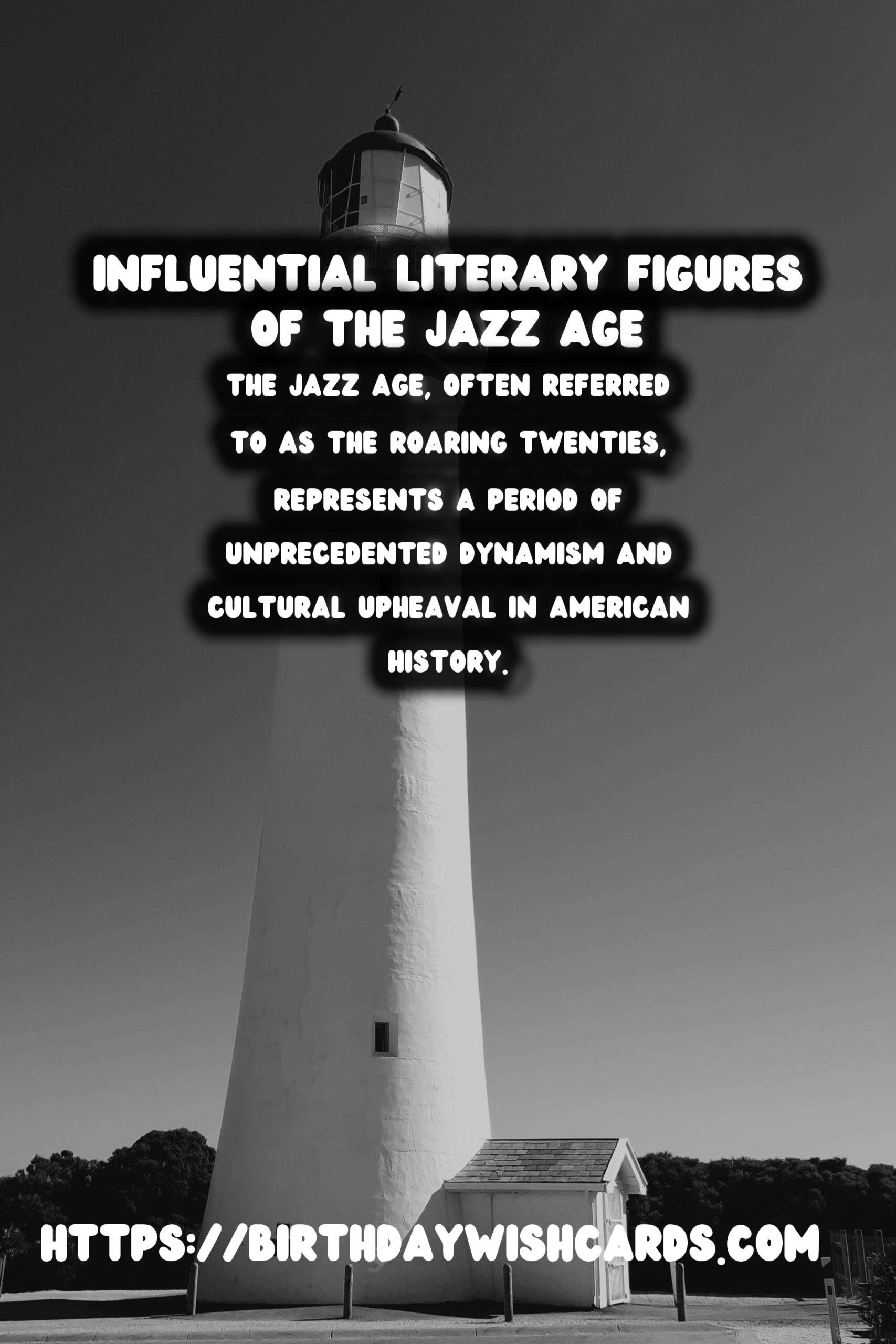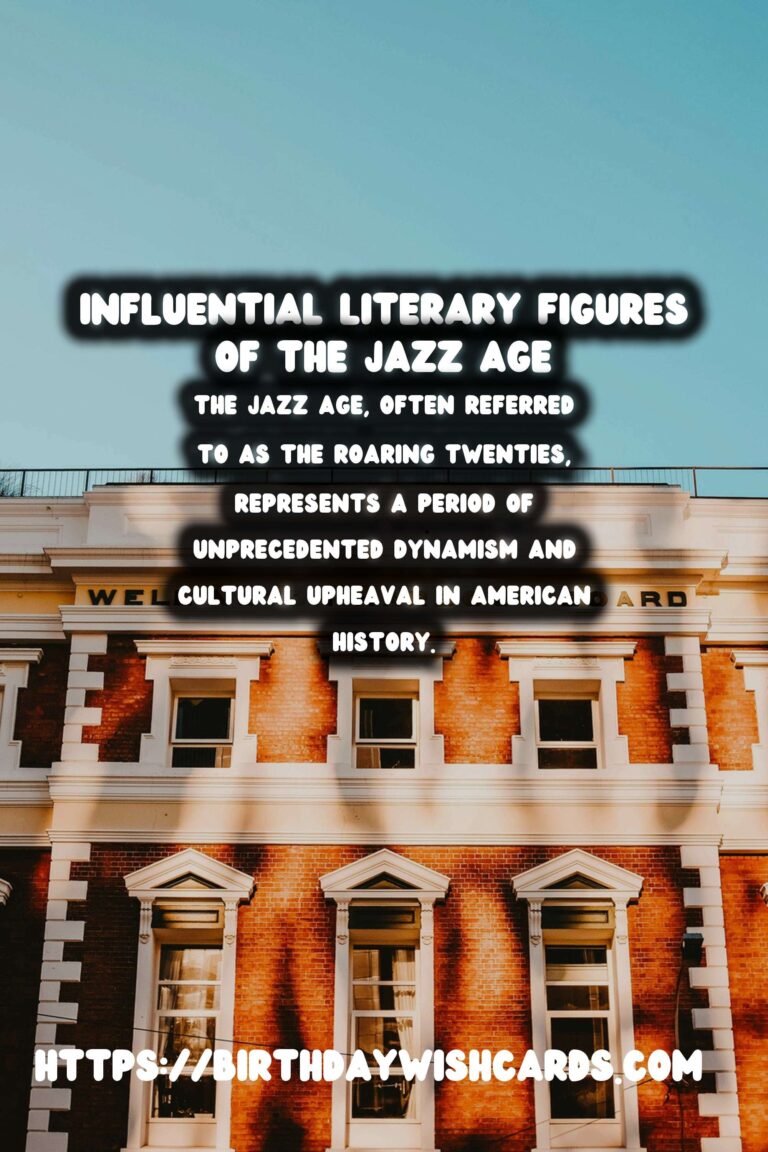
The Jazz Age, often referred to as the Roaring Twenties, represents a period of unprecedented dynamism and cultural upheaval in American history. Following World War I, the United States experienced a time of prosperity and cultural flourishing that became influential in shaping American literature during the early 20th century.
The Cultural Context of the Jazz Age
The Jazz Age is characterized by its extravagance, artistic innovation, and significant shifts in societal norms. During this period, jazz music became the symbol of modernity, reflecting the vibrancy and rebellious spirit of the time. Speakeasies, flapper culture, and the defiance of Prohibition laws represented the public’s pursuit of new freedoms.
Writers and artists, moved by the spirit of change, explored themes of excess, identity, and the pursuit of the American Dream through stories that unravel the human experience. The influence of the Jazz Age on literature cannot be understated; it was a time when artistry thrived alongside cultural and economic transformation.
Influential Literary Figures of the Jazz Age
Among the multitudes of authors who emerged during this period, none captured the essence of the Jazz Age as profoundly as F. Scott Fitzgerald. His works, particularly ‘The Great Gatsby,’ embody the quintessential jazz ethos—glamour juxtaposed with the hollow disillusionment of wealth and excess.
In addition to Fitzgerald, writers like Ernest Hemingway and T.S. Eliot immortalized the spirit and complexities of the era through their prose and poetry. Hemingway’s minimalist style and focus on themes of masculinity and existentialism resonate with the spirit of defiance and subversion that was prevalent in the Jazz Age.
Simultaneously, African American writers were also central to the Jazz Age’s cultural production. Figures like Langston Hughes played a key role in the Harlem Renaissance, a cultural movement wherein black writers celebrated their heritage and addressed socio-political issues. Their works were instrumental in shaping the character of American literature during this transformative period.
Literary Themes of the Jazz Age
The literature of the Jazz Age is renowned for its exploration of themes such as decadence, freedom, and the illusory nature of the American Dream. These themes are ever-present in Fitzgerald’s novels, where he deftly weaves stories of ambition and the pursuit of happiness against a backdrop of roaring opulence.
Another recurring motif is the questioning of identity and self-discovery. The Jazz Age was a period of significant exploration of personal vs. societal values, unparalleled in ambition, yet often resulting in a despair reflective of modernist principles.
The Lasting Legacy of the Jazz Age on Literature
Even after it ended, the legacy of the Jazz Age continued to influence American literature. The period’s themes and styles resonated with future generations, providing material for countless reinterpretations and adaptations in both literature and film.
Its impact on global society is visible in the ways contemporary authors revisit the era to capture the timeless struggles of wealth disparity, cultural identity, and the pursuit of happiness. The Jazz Age serves as a mirror for societal aspirations and failures, echoing timeless narratives that continue to shape American literature today.
Conclusion
In conclusion, the Jazz Age was a pivotal epoch in American history that fostered a unique cultural and literary environment. The ways in which authors of the time portrayed the challenges and triumphs of society through their narratives continue to reflect the vibrant legacy of this transformative period in literature.
The Jazz Age, often referred to as the Roaring Twenties, represents a period of unprecedented dynamism and cultural upheaval in American history. Among the multitudes of authors who emerged during this period, none captured the essence of the Jazz Age as profoundly as F. Scott Fitzgerald.
#JazzAge #AmericanLiterature

